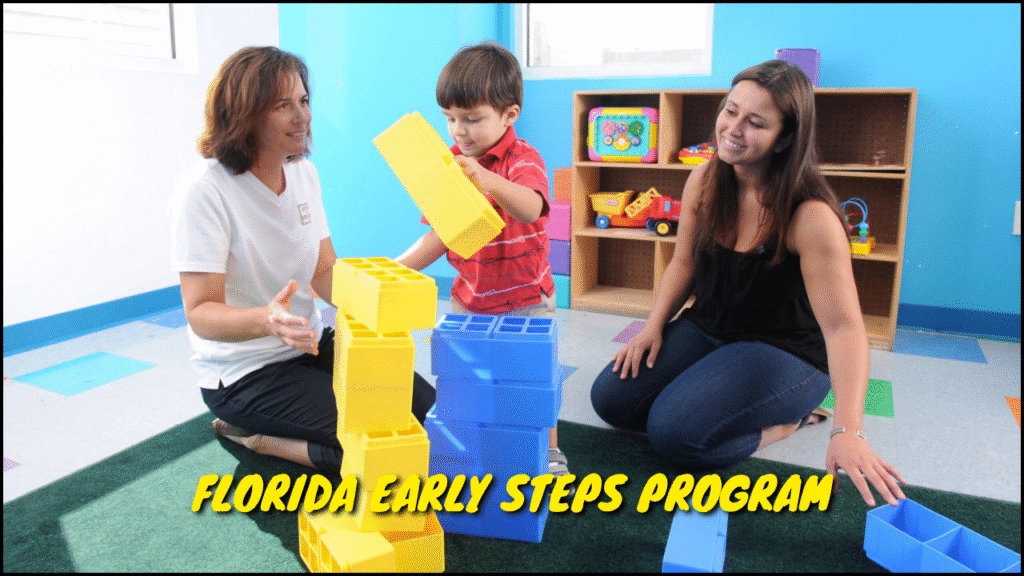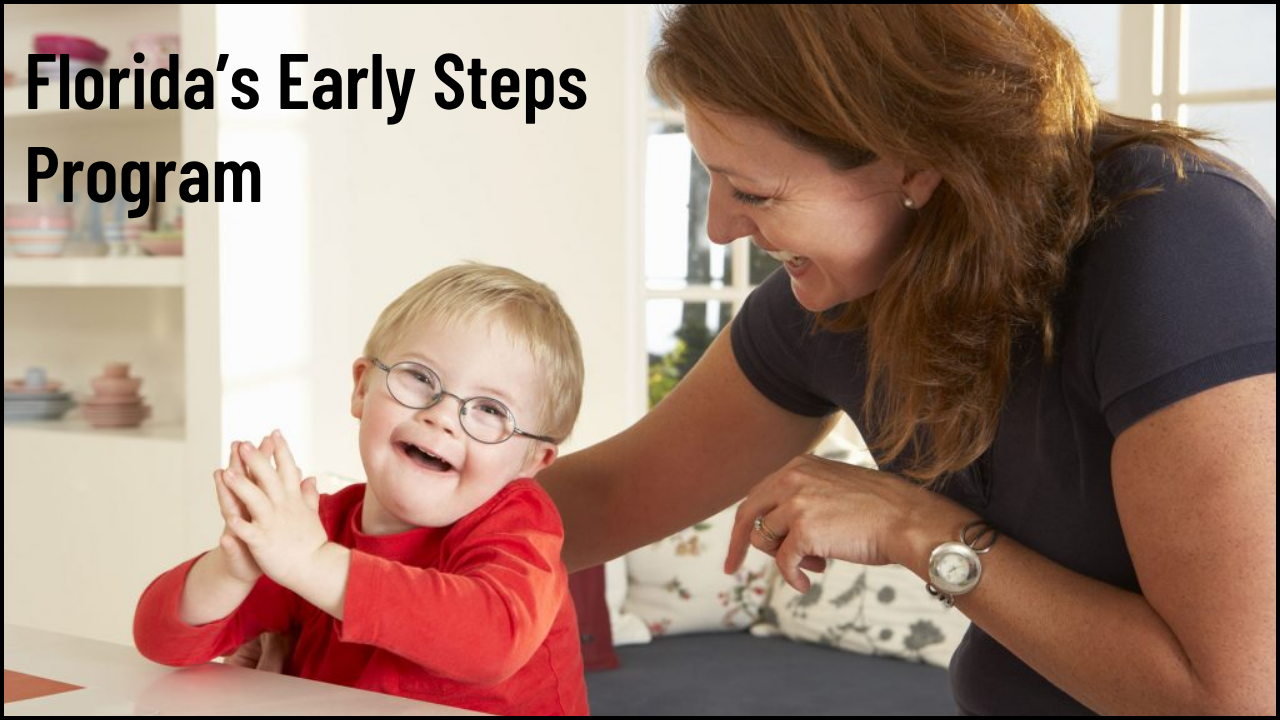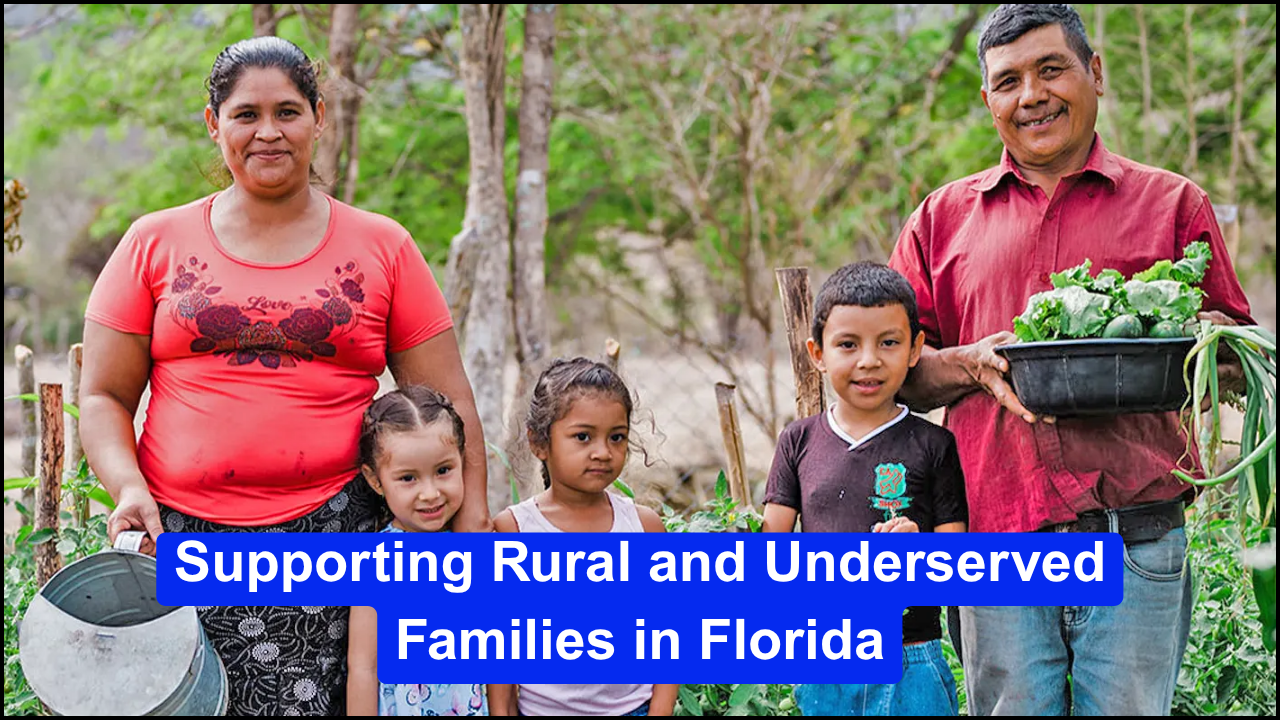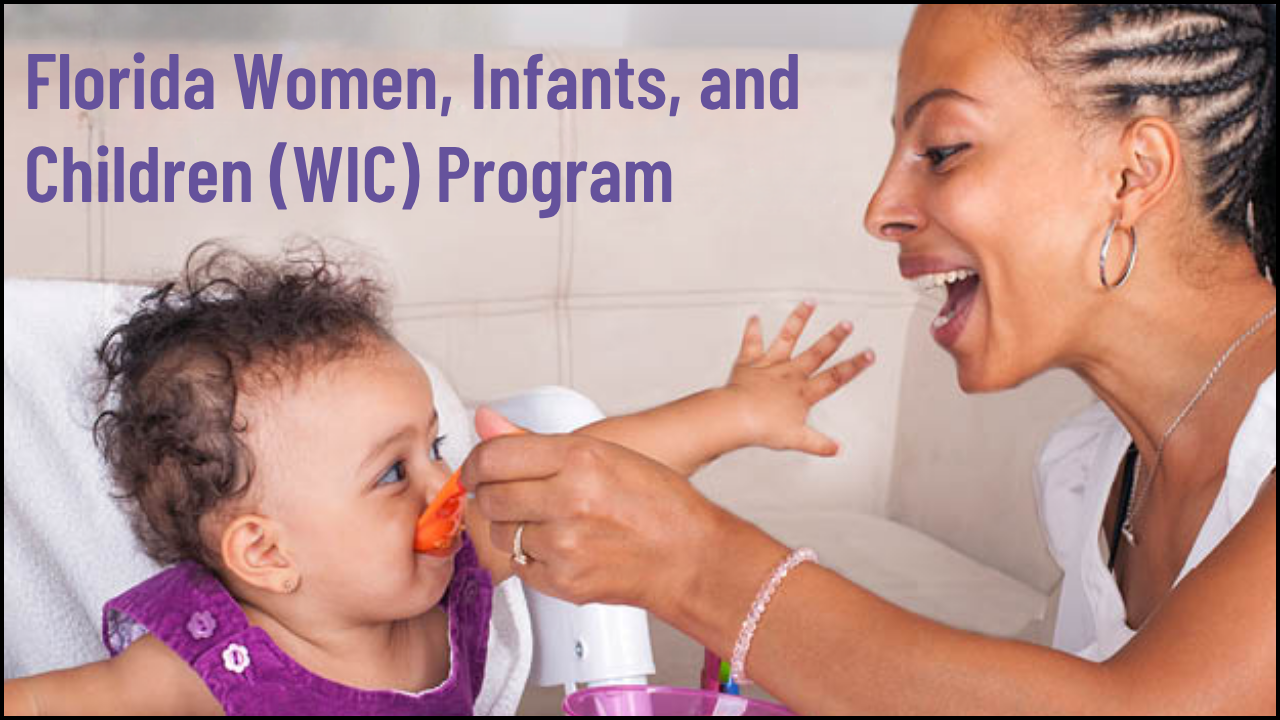
Florida’s Early Steps Program plays a vital role in supporting infants and toddlers with developmental delays and disabilities. Managed by the Florida Department of Health, this program ensures that children receive appropriate early intervention services. Each year, performance data is collected and compared to state and federal targets through the State Performance Plan/Annual Performance Report (SPP/APR), guided by the requirements under IDEA Part C. This document presents a detailed account of the program’s performance, accountability measures, and reporting practices for fiscal years 2022–2024.
Table of Contents
Key Responsibilities of the Early Steps Program
- Oversight of early intervention services for eligible infants and toddlers (birth to 36 months).
- Compliance with federal mandates under IDEA Part C.
- Annual Reporting to the Office of Special Education Programs (OSEP).
- Performance Tracking through 11 federal performance indicators.
Federal Performance Indicators under SPP/APR
Eight Outcome Measures:
- Focused on child development progress and family involvement.
- Targets are established by Florida stakeholders and the state office.
Three Compliance Indicators (Target: 100%):
- Timely service delivery.
- Early intervention service plan (IFSP) development.
- Transition planning for exiting children.
Florida Early Steps Reporting Summary (FY 2022–2024)
| Document | Details |
|---|---|
| State Performance Plan/Annual Performance Report (SPP/APR) | Submitted yearly; includes indicators and performance metrics |
| IDEA Part C – 618 Exiting Data | Tracks program exits and reasons, such as completion or withdrawal |
| IDEA Part C – 618 Dispute Resolution | Documents the number and types of complaints, mediation, and due process |
| Early Steps Annual Report and State Plan | Overview of statewide service delivery, funding, and achievements |
| IDEA Part C Annual Determination Letter | Issued by OSEP to assess compliance and improvement efforts |
Annual Reports and Key Submission Dates
| Fiscal Year | Key Submissions | Submitted |
|---|---|---|
| 2023–2024 | SPP/APR, Exiting Data, Dispute Resolution | February 2025 |
| 2022–2023 | SPP/APR, Family Surveys, Renewal Application | February 2024 |
| 2021–2022 | Archived Reports, Family Engagement Results | Previous cycle |
Federal Indicator 3: Child Outcomes Summary Statements
This critical indicator measures developmental progress in:
- Positive social-emotional skills
- Acquisition and use of knowledge and skills
- Use of appropriate behaviors to meet needs
Each child is evaluated at program entry and exit using Florida’s Child Outcomes Measurement System. Improvements are tracked and reported to the federal government.
Regional Reporting and Data Collection
Florida is divided into multiple Early Steps service regions. Each regional office submits performance data, which is aggregated at the state level.
| Region | Covered Areas |
|---|---|
| Bay Area | Tampa and surrounding communities |
| Big Bend | Tallahassee and nearby rural counties |
| Central Florida | Orlando and neighboring cities |
| Gold Coast | Miami, Fort Lauderdale |
| Gulf Central | Counties west of Tampa Bay |
| North Beaches | Jacksonville area |
| North Central | Gainesville region |
| North Dade | Northern Miami-Dade County |
| Northeastern | Counties near the Georgia border |
| Southwest Florida | Naples, Fort Myers |
| Space Coast | Brevard County |
| Southernmost Coast | Florida Keys |
| Treasure Coast | Indian River, Martin counties |
| West Central | Polk, Hardee counties |
| Western Panhandle | Pensacola, Panama City |
FY 2023–2024 Highlights: Performance and Compliance
- Child Development Outcomes: Over 80% of toddlers exiting Early Steps showed substantial improvement in at least one developmental domain.
- Service Timeliness Compliance: Exceeded the 95% benchmark in multiple regions.
- Transition Planning Success: 100% compliance in preparing toddlers and families for preschool services.
- Family Engagement: Surveys reflected improved satisfaction with services and a better understanding of their child’s development.
IDEA Part C – Dispute Resolution Overview
| Dispute Type | Reported FY 2023-2024 | Resolution Timeframe |
|---|---|---|
| Complaints | 18 formal complaints | 100% resolved within 60 days |
| Mediations | 7 mediation requests | 85% reached agreement |
| Due Process Hearings | 2 cases | 100% closed timely |
IDEA Part C – Exiting Data FY 2023–2024
| Exit Reason | Percentage |
|---|---|
| Met program goals | 42% |
| Aged out of program | 27% |
| Moved out of region/state | 15% |
| Withdrew voluntarily | 11% |
| Other reasons | 5% |
Stakeholder Involvement in Target Setting
- Parent Representatives
- Service Coordinators
- Health Professionals
- Early Childhood Educators
These groups collaborate during annual review sessions to evaluate progress and recommend revised performance targets for outcome indicators.
Family Survey Reports (FY 2022–2023)
Florida conducted statewide family surveys to assess satisfaction and empowerment levels. Key findings included:
- 95% of families reported improved understanding of their child’s strengths and needs.
- 91% of families felt confident in helping their child develop and learn.
- 87% of families were satisfied with service coordination and communication.
Improvements Based on Past Reports
| Improvement Area | Action Taken |
|---|---|
| Timely Service Delivery | Introduced automated service tracking |
| Child Transition Support | Added dedicated transition coordinators |
| Family Communication | Enhanced parent training modules |
| Data Accuracy | Deployed new reporting software tools |
Continuous Quality Improvement (CQI) Efforts
Florida’s Early Steps system uses the collected data to inform CQI activities such as:
- Regional staff training on assessment tools.
- Refinement of Individualized Family Service Plans (IFSP).
- Increased focus on cultural responsiveness.
- Enhanced provider accountability mechanisms.
Last Words
Florida’s Early Steps Program demonstrates a clear commitment to accountability, family engagement, and measurable child outcomes. With its structured approach to performance reporting and stakeholder collaboration, the program continues to evolve to meet the developmental needs of children across diverse regions. Data-driven planning ensures ongoing improvements in service quality and delivery, reflecting a strong alignment with both state and federal standards.





